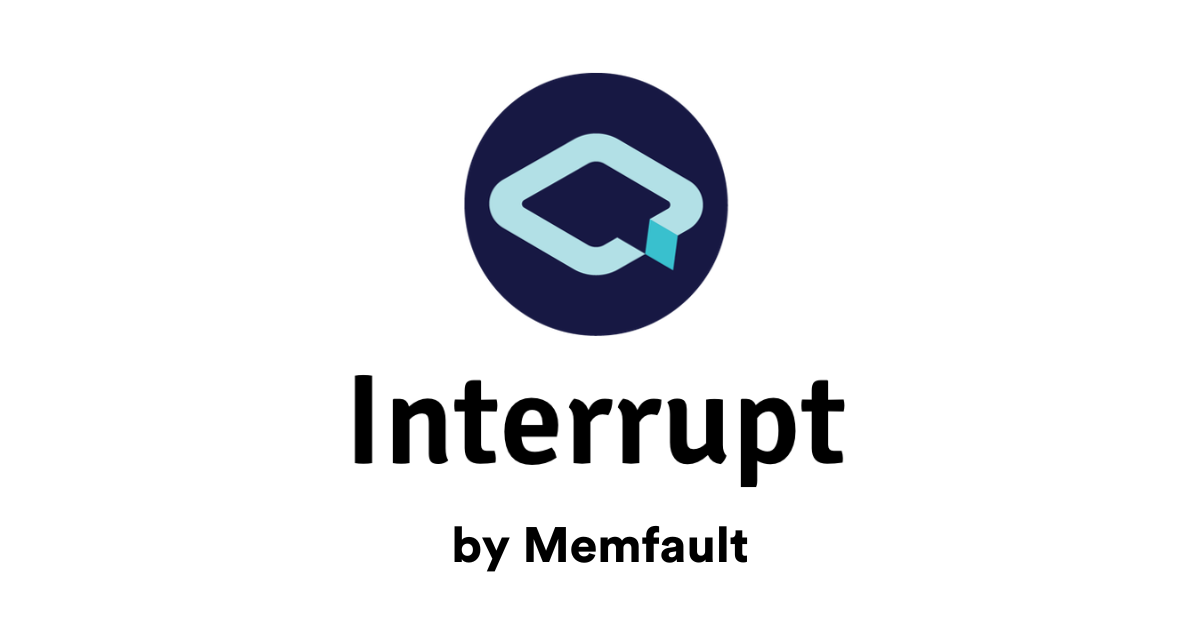XFCE 4.20 Released: Experimental Wayland Support and Numerous Improvements
After nearly two years of development, XFCE 4.20 has been officially released! This version focuses on preparing the codebase for Wayland, now offering experimental Wayland support for most components, though it's still in its early stages and recommended for advanced users. XFCE 4.20 also boasts numerous new features, bug fixes, and improvements, including improved icon scaling, a performance-enhanced icon view, and an upgraded Thunar file manager. Importantly, Wayland support is incomplete, with some components and features yet to be ported.







